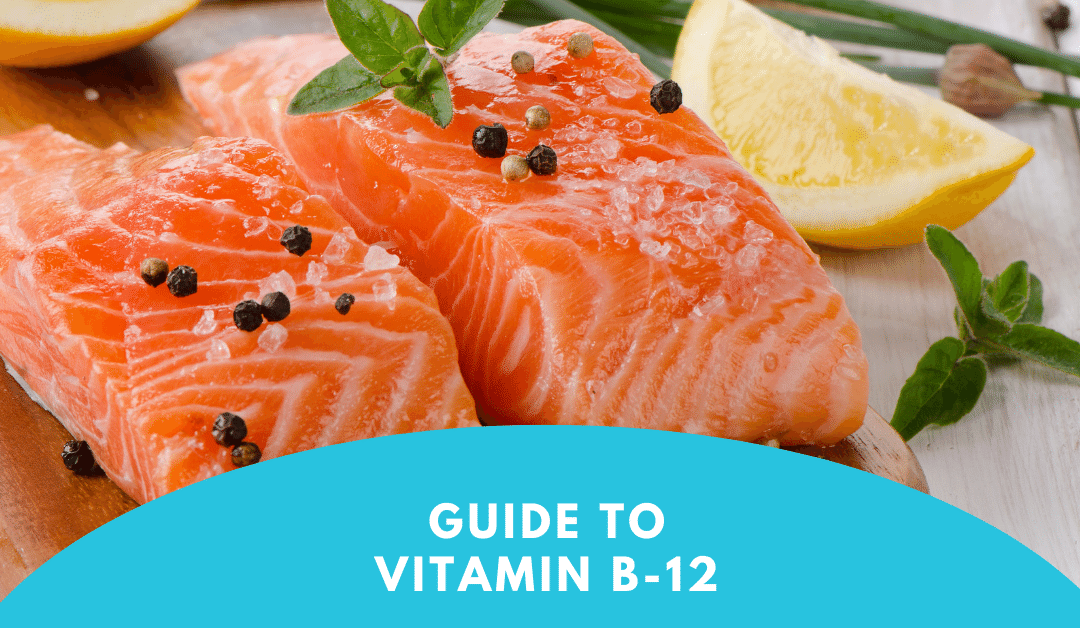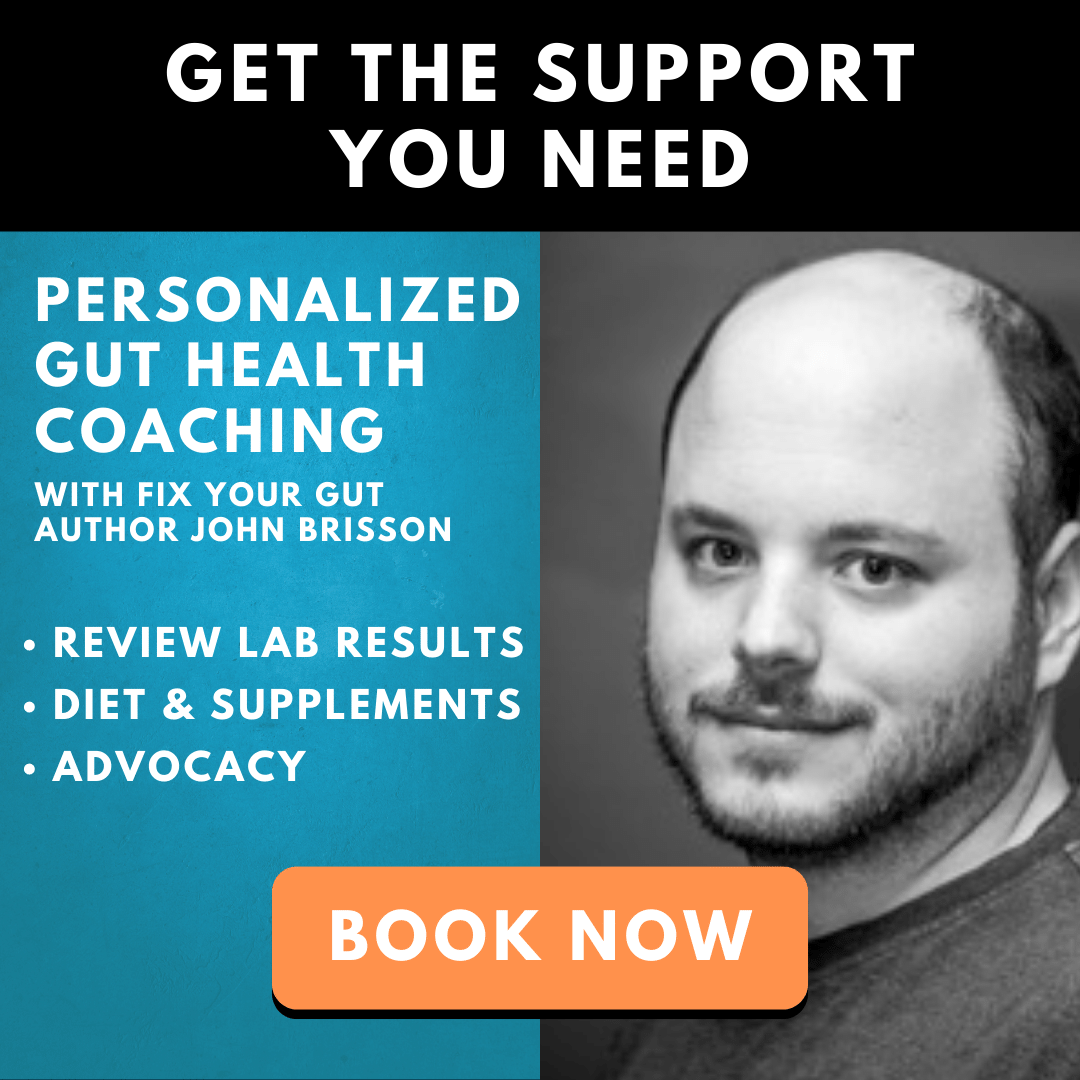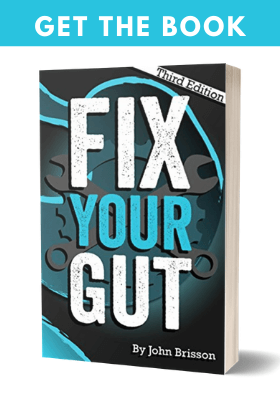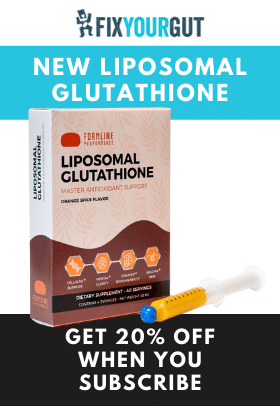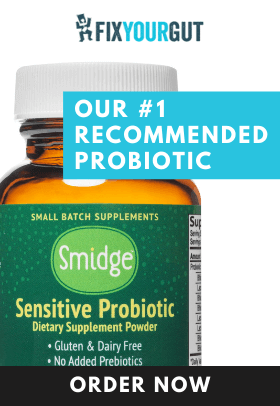When most people think about vitamin B12, they envision energy drinks. They have visions of consuming Five Hour Energy supplements to keep them awake during their third shift. Vitamin B12 is indeed essential for cellular energy. Many people supplement with vitamin B12 for proper health. Most multivitamins contain some form of vitamin B12. What are the different forms of vitamin B12, and which one might be best for you?
The Four Different Forms of Vitamin B12
- Cyanocobalamin – is a synthetic form of vitamin B12 that I do not recommend. Cyanocobalamin is vitamin B12bonded to toxic cyanide. Cyanocobalamin, when ingested, is first metabolized into hydroxocobalamin and, from there, methylcobalamin and adenosylcobalamin, which takes about forty-eight hours. Decyanation is the first step of cyanocobalamin metabolism and requires nicotinamide adenine dinucleotide phosphate, glutathione, and flavin adenine dinucleotide to metabolize the cyanide. Decyanation releases an extremely minute amount of toxic cyanide (requires the methylmalonic aciduria and homocystinuria type C protein [MMACHC] gene for proper metabolism), which is detoxified. Cyanocobalamin must use a methyl group to produce methylcobalamin and later become adenosylcobalamin, which may worsen undermethylation. Cyanocobalamin supplementation is available in oral, sublingual, and injectable forms.1 2
- Methylcobalamin – is a natural and bioactive form of vitamin B12 found in our cells and is a methyl donor making it essential for proper methylation (great video explaining the methylation cycle). Methylcobalamin is mainly found in your blood plasma, cytosol cells, and cerebral spinal fluid. Methylcobalamin is a necessary cofactor with methionine synthase encoded by the MTR gene. B12, a methyl donor (folate and methylcobalamin, for example), and methionine synthase are responsible for converting the amino acid homocysteine to methionine within the methylation cycle . Methionine synthase is a vital part of the S-adenosylmethionine (SAM-e) biosynthesis and regeneration part of the methylation cycle because methionine is used to produce SAM-e. Inadequate B12 and/or methionine synthase production of function issues can lead to undermethylation and therefore elevated homocysteine levels. Elevated levels of homocysteine are a known risk factor for cardiovascular disease, bone fractures, dementia, and poor mental health. Homocysteine degrades and inhibits proper collagen production and increases oxidative stress, which might be why homocysteine being elevated is linked to poor blood vessel health and fractures. Methylcobalamin supplementation works very well for improving the health of undermethylated people because it is a methyl donor. I do not recommend its supplementation in people who are overmethylators because it is a methyl donor. Methylcobalamin supplementation is available in oral, sublingual, intravenous, and injectable forms.3 4 5 6 7
- Adenosylcobalamin – is a natural and bioactive form of vitamin B12, found in B12-containing foods. Adenosylcobalamin cellular concentrations are found within our mitochondria. Adenosylcobalamin is used in the catalyzation of methylmalonyl-CoA into succinyl-CoA. Since adenosylcobalamin contributes to the proper functioning of the Krebs cycle within our mitochondria, it might be the best supplemental form of B12 for increased energy. Most of our B12 is stored as adenosylcobalamin within the mitochondria of our liver. Adenosylcobalamin is essential for adequate myelin (an insulating layer that surrounds nerves allowing electrical signals to transmit quickly along nerve cells) synthesis and preservation. Adenosylcobalamin supplementation might also be a good idea for people suffering from poor nerve health or function. If adenosylcobalamin becomes methylated within our body, it becomes methylcobalamin which may worsen undermethylation symptoms because it requires additional methyl donors. Finally, adenosylcobalamin supplementation is available in oral and sublingual forms.8 9 10 11
- Hydroxocobalamin – is a natural and inactive form of vitamin B12, found in B12-containing foods and produced by commensal bacteria within our gut. Hydroxocobalamin has a higher affinity to the transcobalamin-II transport protein than cyanocobalamin or adenosylcobalamin; therefore, it is better absorbed than both and has a longer half-life. When adsorbed into the cell hydroxocobalamin when absorbed into our cells is reduced into the active forms of vitamin B12, methylcobalamin (which requires a methyl donor; therefore, it may not be a recommended form for undermethylators), and adenosylcobalamin. Hydroxocobalamin also scavenges nitric oxide, which might be the recommended form if supplementation is needed for people suffering from Herpesviridae viral infections(Herpesviridae, for example, require nitric oxide for replication). Still, for some, hydroxocobalamin supplementation can lead to vasoconstriction and higher blood pressure. If you suffer from high blood pressure you might want to avoid taking hydroxocobalamin. A hydroxocobalamin IV might be an antidote for cyanide poisoning, but it can cause severe rashes, itching, and swelling in some people. Hydroxocobalamin reacts with the cyanide to form cyanocobalamin, which in excess is eliminated by our kidneys. Hydroxocobalamin supplementation is available in oral, sublingual, and injectable forms.12 13 14 15
I recommend not supplementing with vitamin B12 unless you are vitamin B12 deficient. Chris Kresser recently released an excellent podcast on how to properly determine vitamin B12 deficiency. In addition, Amy Yasko has a great chart to determine who should supplement when needed with the correct form of vitamin B12 depending on your genetic data.
Recommended Vitamin B12 Supplements
Recommended liquid B12 supplements: Pure Encapsulations B12 liquid, Hydroxy B12 Mega Drops, Methyl B12 Mega Drops
Dosage recommendation: All three supplements contain one thousand micrograms per drop, so supplement with one drop daily with breakfast.
Recommended sublingual B12 supplements: Seeking Health Hydroxo B12 sublingual, Seeking Health Adeno B12 sublingual, Seeking Health hydroxo-Adeno B12 sublingual, Seeking Health Active B12
Dosage recommendation: One sublingual daily after breakfast.
- https://www.ncbi.nlm.nih.gov/pmc/articles/PMC5312744/ ↩
- https://www.researchgate.net/publication/23245349_Decyanation_of_vitamin_B12_by_a_trafficking_chaperone ↩
- https://www.ncbi.nlm.nih.gov/pmc/articles/PMC5312744/ ↩
- https://www.ncbi.nlm.nih.gov/pubmed/30693532 ↩
- https://www.ncbi.nlm.nih.gov/pmc/articles/PMC5085763/ ↩
- https://www.ncbi.nlm.nih.gov/pmc/articles/PMC5741875/ ↩
- https://lpi.oregonstate.edu/mic/vitamins/vitamin-B12 ↩
- https://www.ncbi.nlm.nih.gov/pmc/articles/PMC3370288/ ↩
- https://www.ncbi.nlm.nih.gov/pmc/articles/PMC5312744/ ↩
- https://www.ncbi.nlm.nih.gov/books/NBK27954/ ↩
- https://lpi.oregonstate.edu/mic/vitamins/vitamin-B12 ↩
- https://lpi.oregonstate.edu/mic/vitamins/vitamin-B12 ↩
- https://www.ncbi.nlm.nih.gov/pmc/articles/PMC5312744/ ↩
- https://www.ncbi.nlm.nih.gov/pubmed/16990191 ↩
- https://www.ncbi.nlm.nih.gov/pmc/articles/PMC4260394/ ↩

